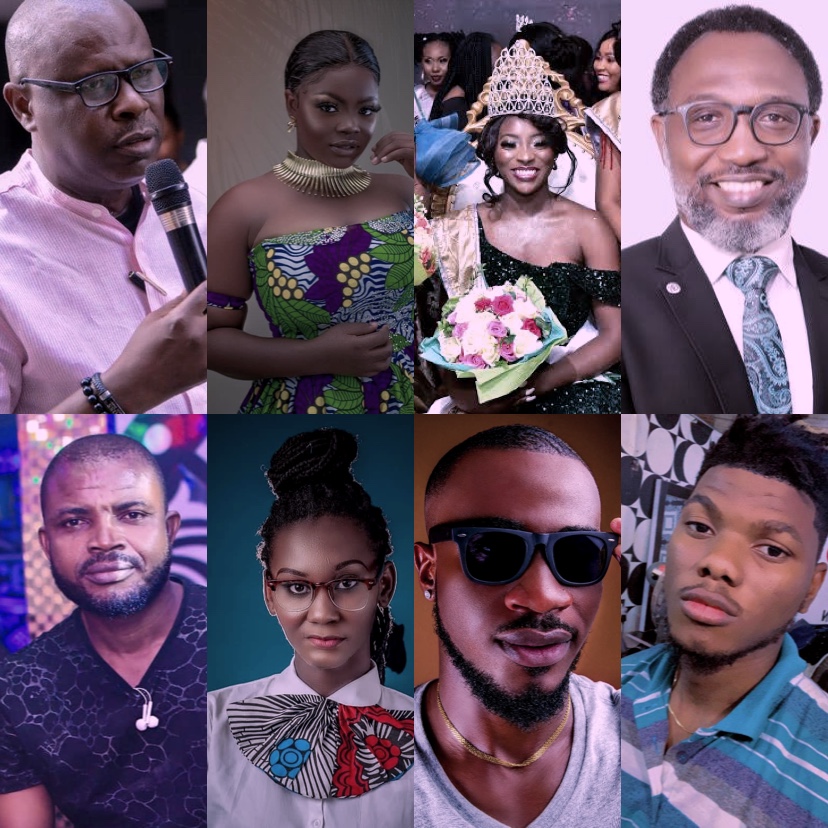By Zion Rufus
Following ARCON’s ban on the use of foreign models and voice-over artists for advertisements targeted at Nigerians, talent managers, creatives, artists, models, and marketing communications professionals have expressed divergent views on the “most welcome” announcement.
Lauding Olalekan Fadolapo, Director-General of the Advertising Regulatory Council of Nigeria (ARCON), for the initiative aimed at promoting local content and talents and increasing economic growth, winner of the 2021 edition of Mrs. Nigeria, Tarere Obiagbo told MARKETING EDGE in an interview: “I think it’s about time, and I am so glad the policy has been passed. Although It is a lot of work to audition and screen for the right talents, we have them, and we need more room. We can’t be putting chunks of ad production money out of the country.”
“It’s so vexing when you see clients that ask for foreign talents from South Africa or elsewhere. When I worked with an ad agency, a lot of times when we pushed out strategies, we often recommended Nigerian talents. We have them, very good too. Now working from a brand manager’s point, it’s still a great move. We get to celebrate our own faces, our beauty and accent. I applaud it.”
In his own viewpoint, marketing communications professional, Babajide Fagade, Managing Director, Ocean Outdoor Ltd. believes that the law would be “a bit” difficult to enforce.
He pointed: “The buzzword is glocalisation. There are some campaigns that are international, that you just bring into your locality and try to adapt into your locality. For instance if I’m an international model and I’m not known, and I’m just as dark skinned and you give me a brief; you have no idea if I am local or international, how would you tell? There is a thin line, I think at the end of the day, the ADVAN members will find a way to reach out to the government for mediation. Those that would really have to deal with this, more often than not, are not even the advertising agencies, but the ADVAN members, because they are the custodians.”
Commenting on the ban, popular content creator and show host, Alexis Ukpabia shared: “I honestly agree and see the need for this. I’m in for that; grow the Nigerian economy, support Nigerian brands. Being African for Africans shouldn’t be word of mouth alone. We need to start supporting our own people; our own talents deserve the attention and support too. Imagine selling goods locally and then using foreign models or creatives for the ad. Makes no sense.”
Acting President, Guild of Professional Talent Managers of Nigeria (Guptman), Mike Igbe said: “There are places in Nigeria that have the same ambience as those other countries that are being used for some of the commercials that we see.”
“There are also beautiful and creative ladies in Nigeria that would be the perfect fit for any brief; name it. If this law stands, it will definitely generate a lot of revenue for the country, the industry will grow, talents will grow, and they will stop migrating and looking for greener pastures in foreign climes. The only thing we will need to talk about is the stipends that are being handed to the creatives. Most of these people will use them for briefs with big budgets and hand them peanuts at the end of the day. I think the advertising body should see to that as well.”
Popular Nigerian DJ, DJ Rico shared that the ban on foreign models is “not entirely the only way to go”.
He said: “I think there are better ways to improve and grow our local talents other than the ban which is quite extreme. The world is a global village right now. What’s the assurance that there won’t be a counter reaction to ARCON’s proposed ban by these ‘foreigners’ in their space as well. I feel ARCON can extend this energy on our copyright laws in a bid to promote our own.”
Model and content developer, Jennifer Okotie-Eboh said: “As a model, I feel elated. But then, I wonder if this law will trickle down with compensating benefits for models in Nigeria, considering the strong claws/hold modelling agencies have on their talents. Some agencies are making money off talents with the talents having little/not so much compensation (This talk is for another day). But ultimately, this comes as even greater news for freelancers. Nonetheless, it’s a welcome idea with ripple effects; considering it’ll give room for the growth of local talent/creatives, and an avenue for better/higher flow of revenue in the creative space. It also means as creators, we are limited to an extent, and elements of our creativity is only permitted to thrive at a regional level/sphere(my humble opinion).
On his part, Singer and voice-over artist, FKYO believes that the law comes with a two-edged sword, pros and cons. In his submission, FKYO shared that the idea will be a huge win for Nigerian talents, as “there are many great talents that have been unjustly ignored”, and where used, they have been poorly remunerated. On the flipside, the artist noted that the initiative might likely drive away foreign investors who still prefer to do ads with people of their own color.






Comment
No comments found.